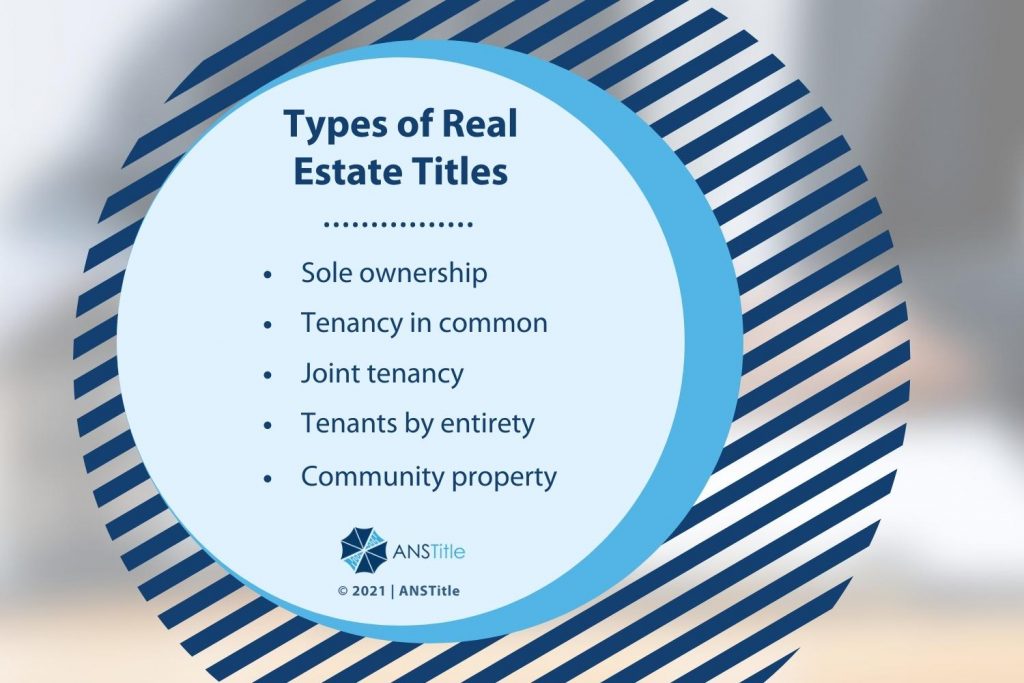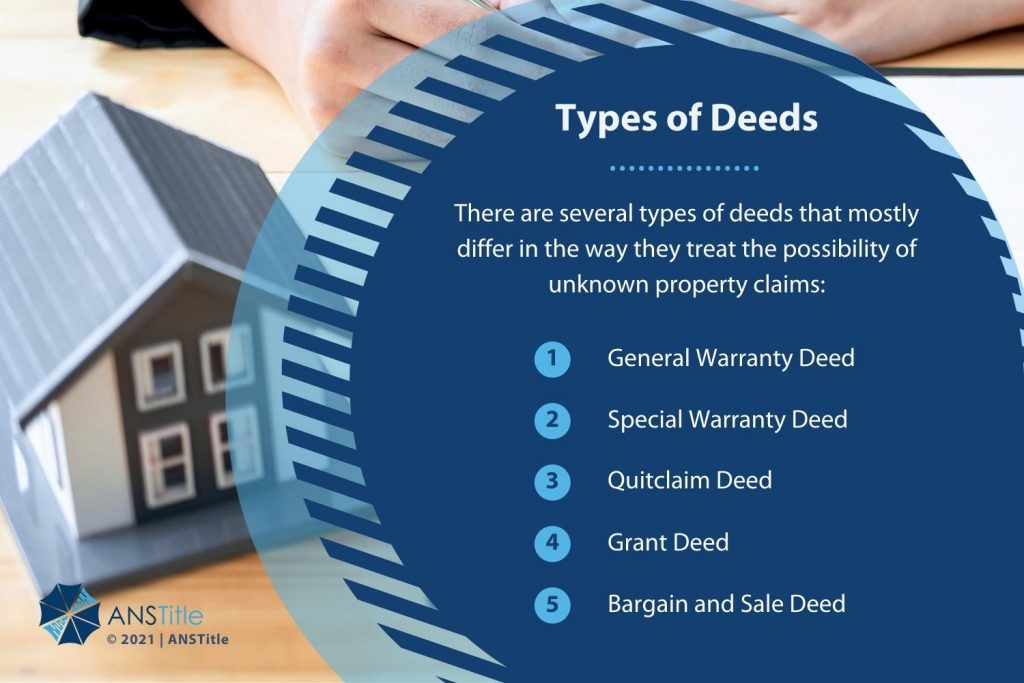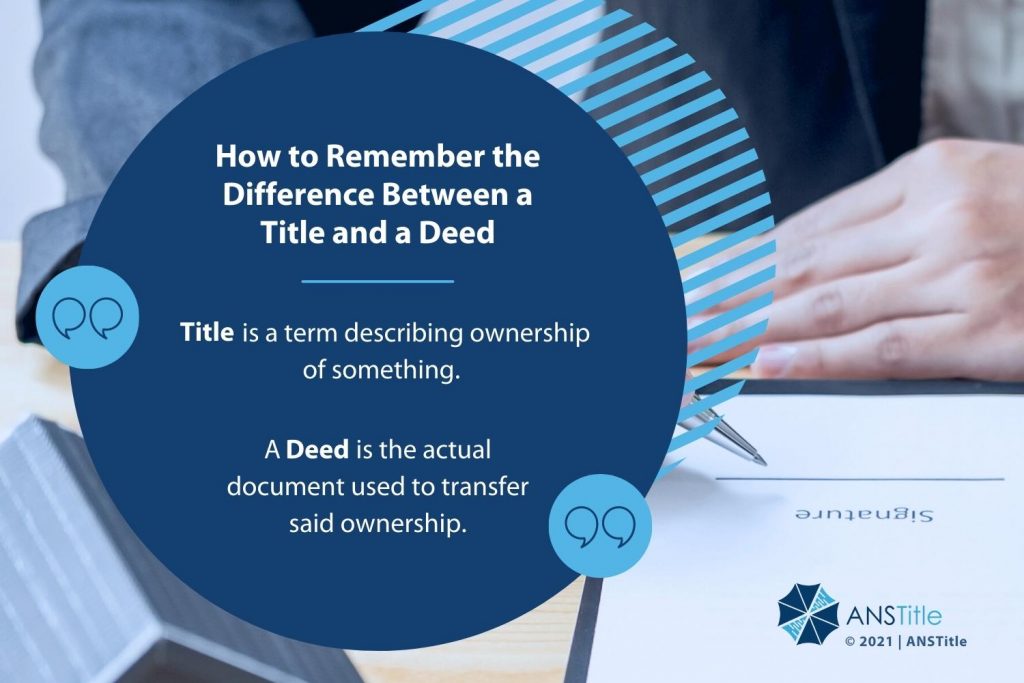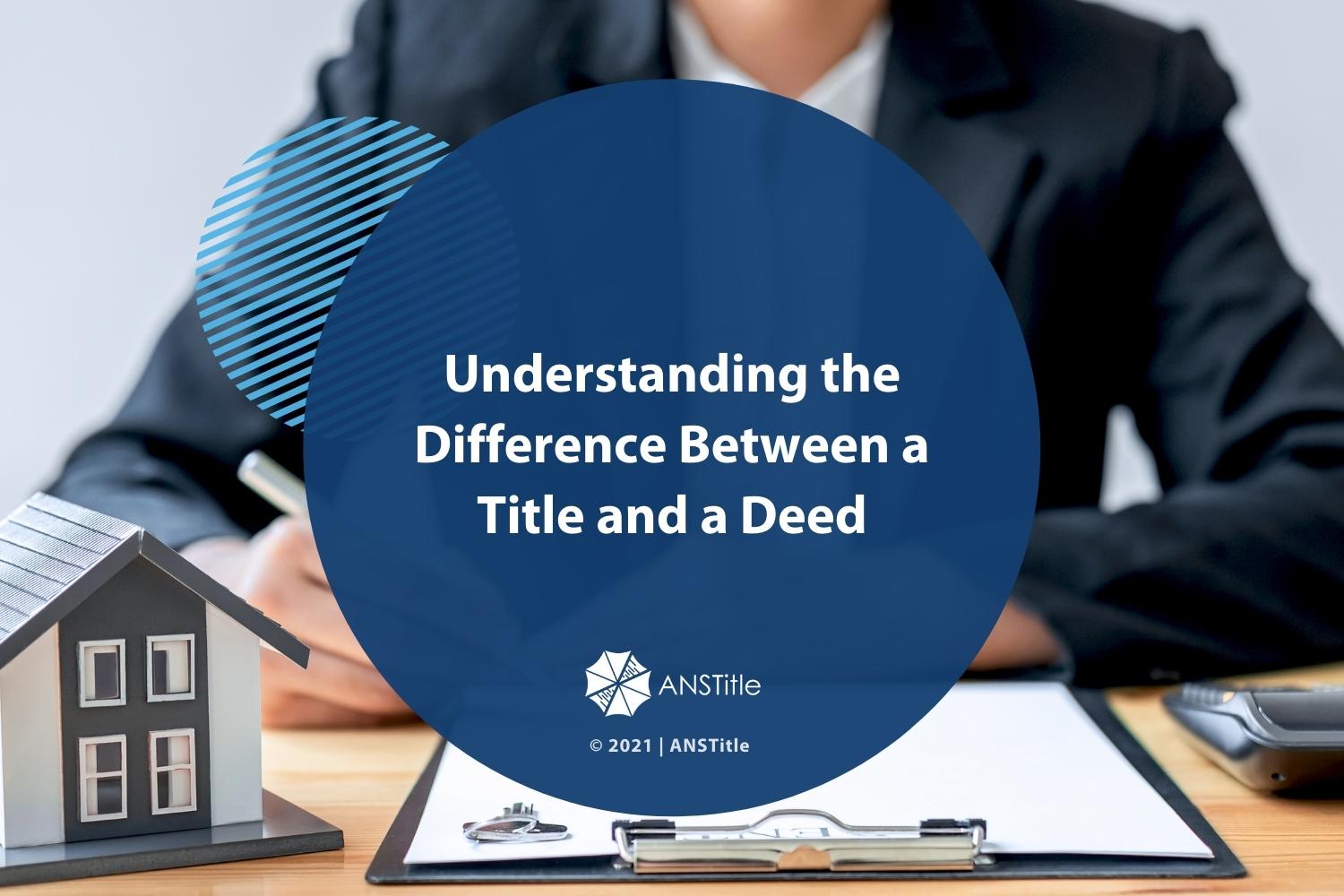First-time buyers of homes and even commercial buildings can oftentimes feel overwhelmed by the amount of paperwork and unfamiliar terminology involved in the purchasing process. Even if you have a real estate broker or a lawyer representing you in the transaction, it would be wise to familiarize yourself with some of the basic concepts and language of real estate ownership and transfer. Understanding the difference between a title and a deed is a good place to start.
In this article, in particular, we want to address the commonly confused terms “title†and “deed.†While many people use the two words interchangeably in conversation, they actually have different meanings.
What Is a Title?
The term title refers to the concept of ownership of real property such as real estate and vehicles or intangible assets such as trademarks and patents. Holding the title to a house or an office condo, for example, means that you are the legally recorded owner, who has the full rights to use and enjoy the property, and to transfer the ownership to another party.Â
While the title itself is not a physical document, there are a couple of legal documents, namely the title abstract and deed, associated with its transfer that we will discuss further in the article. Â

Types of Real Estate Titles
A property title can be held by one or more individuals, as well as by partnerships, corporations, trusts, and other legal entities as described in the various real estate titles below:
- Sole ownership: a title that is owned by a single individual or business entity.
- Tenancy in common: this type of title refers to individual ownership shared by two or more persons, where each individual holds the title for their respective piece of the property. Each owner can transfer their title independently.
- Joint tenancy: a title that is held jointly by two or more individuals, who have equal rights to the property.
- Tenants by entirety: this type of title is held by legally married couples, where the husband and wife are considered as one individual. If one dies, the other automatically takes over control of the entire title.
- Community property: another type of title held by married couples, where either spouse has the right to transfer half of the property to another individual.
The Importance of a Title Search and a Title Abstract
In order to avoid financial losses and legal issues arising from unforeseen title defects, a title search is usually conducted as part of the real estate transaction. The purpose of the title search is to verify the seller’s legal right to sell the property and to discover any previously unknown liens and claims.
The results of the title search are presented in a document called title abstract, which summarizes only the most important details pertaining to the property’s history. Typically it includes a list of all previous owners, transfers of ownership, and any encumbrances on the property.
Title insurance companies such as ANSTitle conduct the title search, prepare the title abstract, and can also issue a title insurance policy to guarantee the title search. Purchasing title insurance is actually a requirement in every mortgage-funded property sale. Â

What Is a Deed?
The deed is the legal document that is used to record the transfer of property rights and ownership from one party to another or simply put to transfer the title. In addition to denoting the seller, called the grantor, and the buyer, called the grantee, in the transaction, the deed also features a legal description of the property. The document is usually executed by both parties at the closing and then recorded at the local courthouse or assessor’s office.
Types of Deeds
There are several types of deeds that mostly differ in the way they treat the possibility of unknown property claims:
General Warranty Deed
The General Warranty Deed is the most commonly used type of deed in traditional home sales. This type of deed assures the buyer that the seller is the sole owner of the property who has the full rights to sell. And that the seller is not aware of any property issues such as liens, claims, or undisclosed damage that may have occurred under any of the previous owners.
Special Warranty Deed
The Special Warranty Deed is only slightly different than the General Warranty Deed. It only assures that the property title is clear under the current seller’s ownership. This type of deed is more commonly used in commercial real estate transactions.Â
Quitclaim Deed
A Quitclaim Deed is used to transfer property rights and ownership from one party to another without an actual sale taking place. However, this type of deed does not offer any type of guarantee to the current owner’s rights to sell the property. Therefore, the Quitclaim Deed is typically used in interfamily transfers between parents and their children or between spouses. It can also be used to update the legal name on a deed that may be required due to the owner’s name change.
Grant Deed
The Grant Deed also assures that the seller is the only legal owner with full rights to sell and no knowledge of property issues, however, this type of deed excludes a guarantee to third-party claims on the property that may arise after the sale.
Bargain and Sale Deed
Bargain and Sale Deeds are typically used with tax sales and foreclosures. This deed provides no guarantees for the title and the buyer will inherit all potential liens on the property as part of the purchase. Â

How to Remember the Difference Between a Title and a Deed
In summary, the main difference between a title and a deed is that the first one is a term describing ownership of something. Whereas the latter one is the actual document that is used to transfer said ownership. Think of the title as a concept and of the deed as a physical item.
If you need further guidance deciphering any of the real estate language in your closing documents related to the property title, please feel free to reach out to our ANSTitle agents, who have over 50 years of combined experience in title insurance and transactional real estate.




